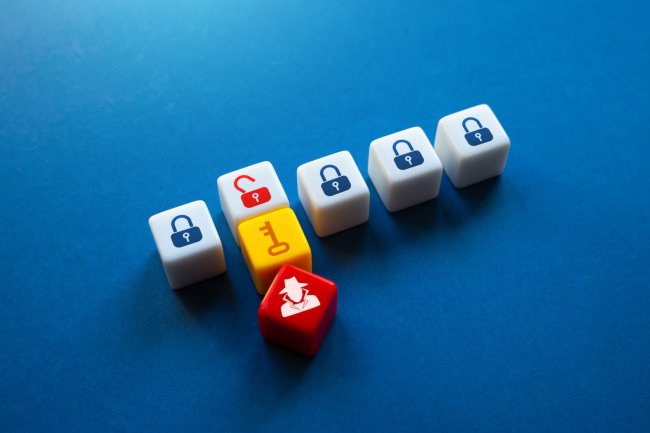The Dark Side of Hacking: Unveiling the Malicious Underbelly of Cyber Intrusions
Delve into the sinister world of hacking, exploring cybercrime, data breaches, and their repercussions on individuals and organizations. Learn about the dangers and impacts of malicious hacking activities.

In today's interconnected digital landscape, the term "hacking" evokes both intrigue and concern. Often portrayed as a glamorous pursuit in popular culture, hacking has a sinister counterpart responsible for significant cyber threats. This article ventures into the realm of malicious hacking, shedding light on its alarming facets, including cybercrime, data breaches, and the detrimental effects on individuals and organizations.
The Realities of Malicious Hacking
While hacking, in its ethical form, can be a tool for identifying vulnerabilities and improving security, malicious hacking exploits these vulnerabilities for personal gain or harm. Cybercrime, a byproduct of this dark side of hacking, encompasses a range of activities such as phishing, ransomware attacks, identity theft, and financial fraud. These nefarious acts not only disrupt digital operations but also jeopardize sensitive personal and corporate data.
The Impact on Individuals and Organizations
Data breaches, a common outcome of hacking attacks, can have far-reaching consequences. Personal information exposed in breaches can lead to identity theft, financial loss, and reputational damage. For businesses, breaches result in compromised customer trust, legal penalties, and substantial financial setbacks. The Equifax breach of 2017 serves as a stark case study. Attackers exploited a vulnerability in the company's web application, compromising sensitive personal data of nearly 147 million individuals.
Case Study: Equifax Data Breach
In 2017, Equifax, a major credit reporting agency, fell victim to a massive data breach. The breach exposed names, Social Security numbers, birthdates, and more, affecting millions. This incident not only led to numerous lawsuits and regulatory actions but also showcased the real-world consequences of inadequate cybersecurity measures.
Defending Against Malicious Hacking
To combat the dark side of hacking, individuals and organizations must adopt comprehensive cybersecurity measures. These include robust firewalls, up-to-date software, secure authentication methods, employee training, and continuous monitoring for suspicious activities. The Equifax breach underscores the need for proactive security measures that safeguard sensitive data.
About Myself
I am a dedicated professional with a wealth of technical expertise in various domains, including digital marketing and technology. With a focus on campaign planning, automation, and web development, I have accumulated over a decade of experience. My proficiency extends to areas such as server management, virtualization, and cybersecurity, making me a versatile asset in the tech world.
SecurEduNet: Empowering Through Knowledge
Our platform, SecurEduNet - Secure Education Network, is committed to disseminating knowledge about cybersecurity and related topics. Through informative articles like this, we aim to equip individuals and organizations with the understanding they need to navigate the complex world of cybersecurity threats. Visit SecurEduNet{:target="_blank"} to learn more about how we're making a difference.
In conclusion, while hacking may have positive connotations in some contexts, the malicious aspects of hacking are a grave concern. The rise of cybercrime and data breaches underscores the importance of proactive cybersecurity practices. By arming ourselves with knowledge and preventive measures, we can better defend against the dark side of hacking and its detrimental consequences.
What's Your Reaction?















